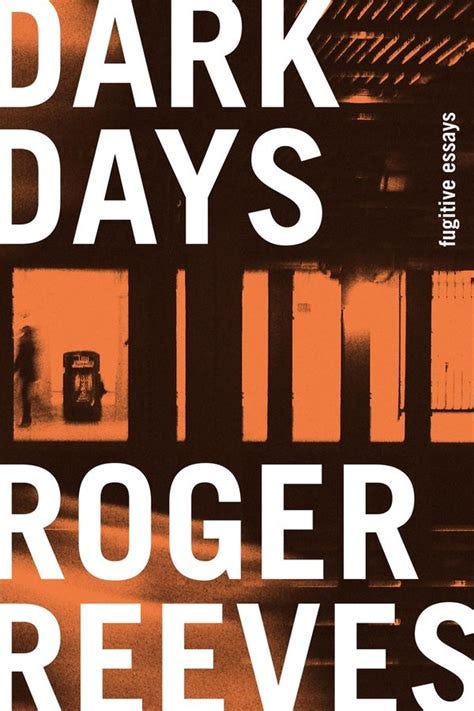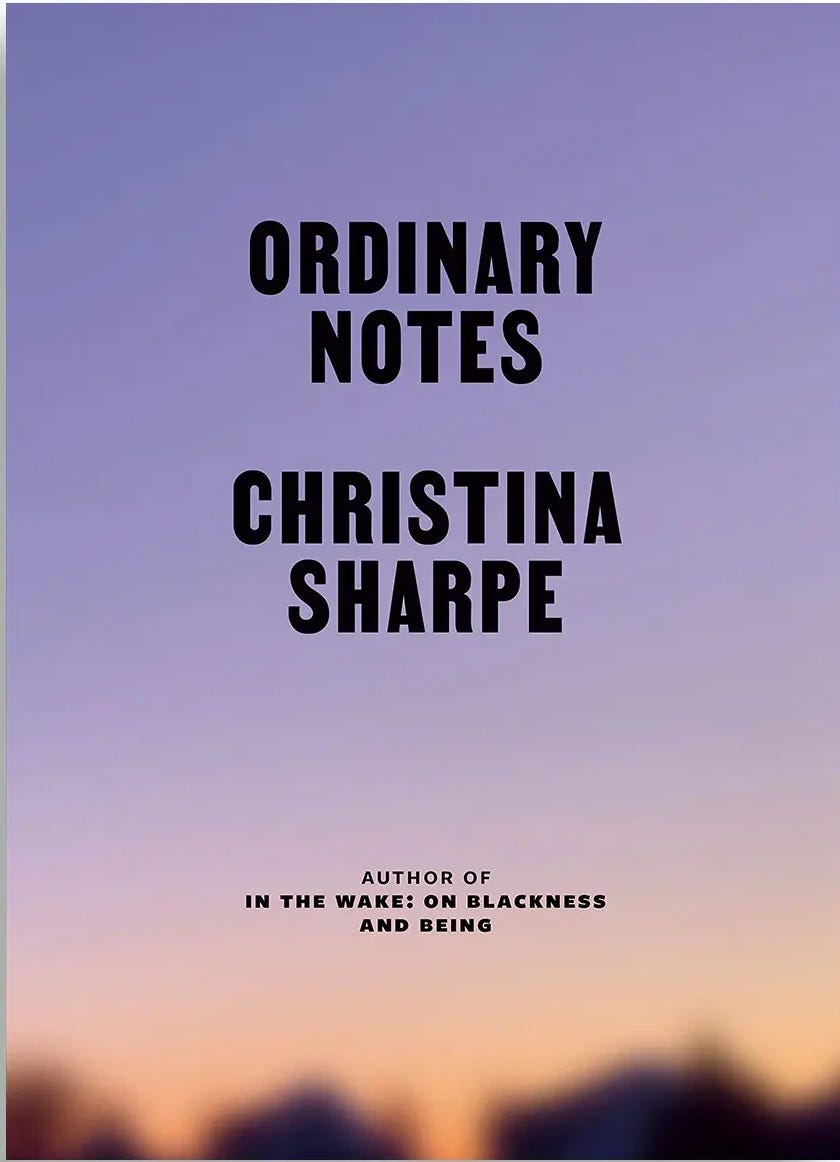Recap of MFA Year 2 (part 1): so I wrote a book....
collapse- Notes from the Detroit Underground
What have I been up to the last 2 years? Writing a freakin’ book guided by awesome faculty and friends of Pacific University and Detroit/ Edgelands.
At Pacific University we are encouraged to pull our writings together into a thesis that shows our growth or how our craft stands at the moment. Here are some words about what I’m working on:
This may change. It probably will change. I’ll keep changing it until the book is sandwiched between images, covers, pages, and promotion. I’ll probably revise the book, write more, keep on praying for it to develop into itself.
I wonder if I’ll need to find an international publisher or will an American publisher work with us?
In my debut essay collection, collapse- Notes from the Detroit Underground, I will draw upon my experiences in family and Detroit to explore connections between intimacy, creativity, and survival. Lineage is important because in Detroit, as in many other aspects of Black community, official and mainstream narratives work to disempower or confuse us. They serve to justify violence done to us. In Detroit, the geography of abandonment is often attributed to our laziness, our feral nature, our corruption, or our unwillingness to “play the game.” Creativity within a context is thus an essential cultural aspect of survival. It is essential to restoring our imagination of ourselves as deserving of love and dignity, and for us to realize that our survival often depends on our creative relationships to the dominant culture.
What other books are comparable to collapse? How is my book similar or different?
cover images of Dark Days (Roger Reeves) and Ordinary Notes (Christina Sharpe)
Poet Roger Reeves gives “Instructions for the Underground” in his essay collection Dark Days. He asks “What will we make for each other in the dark, in the heat, in the cold, in the silence?” and recommends “Do not require the underground to be anything like the aboveground.” This essay collection includes essay as personal reflection and political observation, cultural criticism, analysis, and memory work. collapse’s subtitle “Notes from the Detroit underground” is a nod to Reeves, who makes the concept of the underground his book’s thesis and final destination. Whereas Reeves’s book is a book about the power and potential of creativity; collapse is an collection of essays and other lyrical prose centering Detroit. The underground is a place where mainstream narratives are rejected to create space for intimacy and creativity. This lens illuminates the Detroit familial and cultural experiences that are the heart of collapse in a way that is in a sharp dialogue with “aboveground” narratives of the city’s “rebirth.”
Like collapse, Christina Sharpe’s Ordinary Notes uses reflection on family stories as an entry point to analyzing the ways that systemic racism affects Black lives. This book also centers familial and cultural/ communal practices of survival. With beautiful illustrations of relationality, Sharpe focuses on intimacy, intellect, and lineage. Again locating collapse in Detroit makes the book a unique contribution to the landscape. Sharpe’s book hones in on antiblackness in a way that describes the power of Black relationality; my book centers racial capitalism in a way that inquires explicitly and metaphorically about the potentials and pitfalls of solidarity across racial lines. In the gentrifying city of Detroit, in a nation that has declared war on diversity, the essay collection offers numerous points of entry for diverse readers that are inclusive and illuminating.
Versions of these essays have been published previously:
“Writing and Our Craft of Black Family” and “don’t leave after the ritual” – Geez Magazine
“a photograph” - sneaker wave magazine
“The Ongoing Presence of Charity Hicks” - Riverwise Magazine
An early version of “J Dilla, Jon Doe, and the Detroit Underground(s)” was published in Riverwise Magazine as “The Village Drummer”
“Power in the Darkness” and “How to Take Shelter in a Literary Forest”- Against the Current
Will write more about the semester and maybe even reflect on the MFA journey as a whole this Summer.
Peace!






